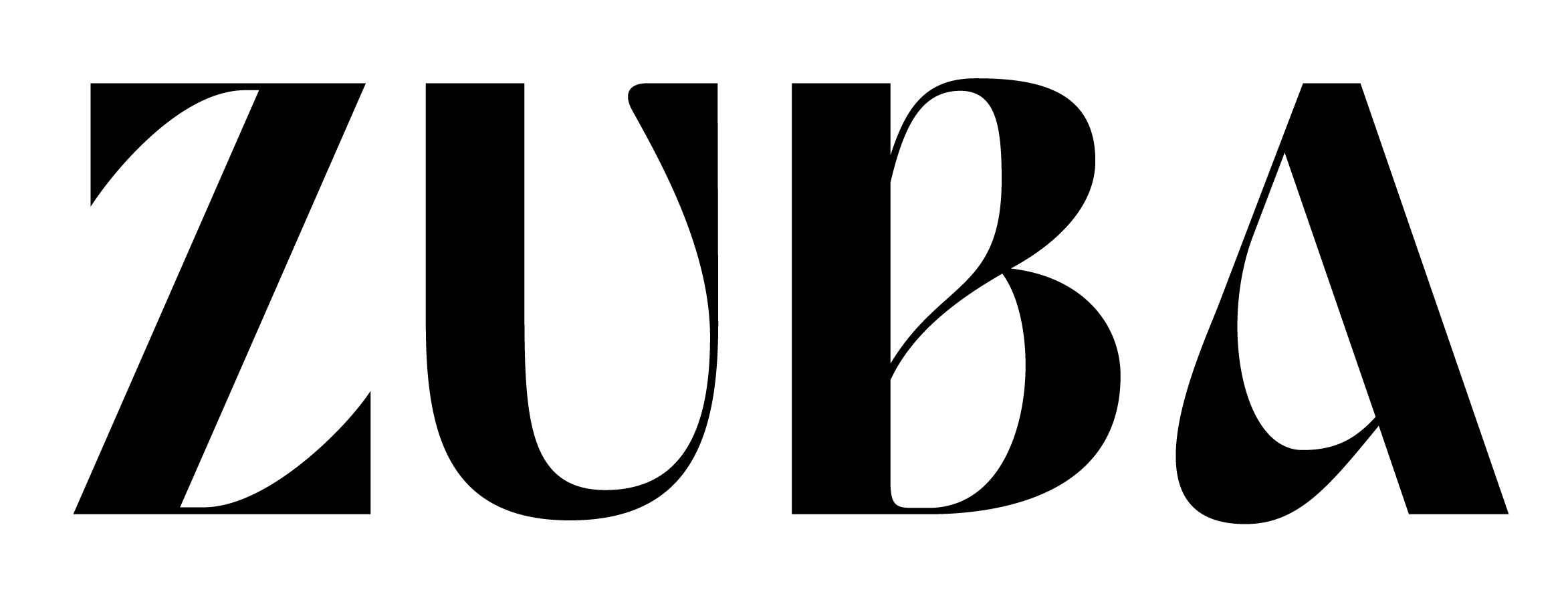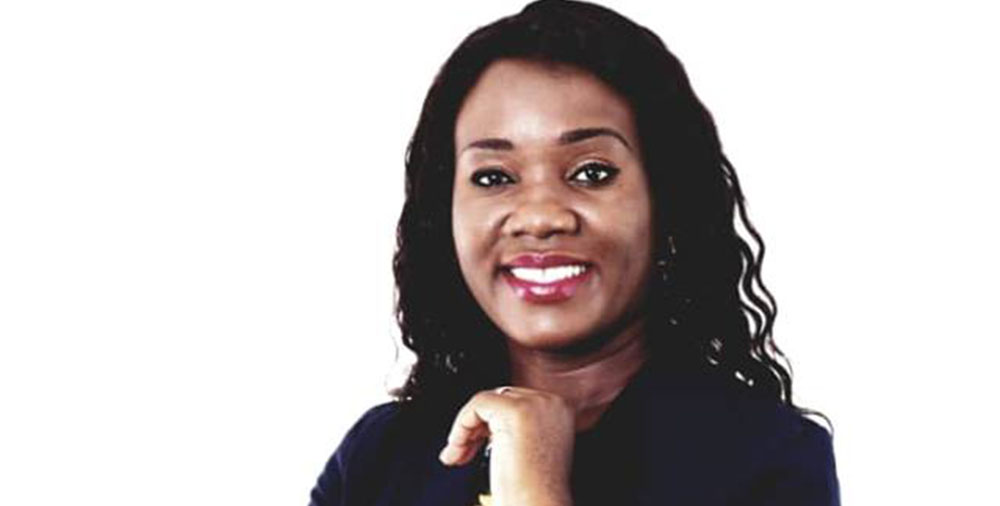Rachel Sibande is a computer scientist and social entrepreneur from Malawi. She is the founder of mHub, Malawi’s first technology hub and incubator for innovators and emerging entrepreneurs.
A recognized technology advocate, in 2015 she was a recipient of the Anita Borg Scholarship from Google. Rachel was named among ‘100 Most Influential Young Africans’ in 2018, Africa’s 30 most promising entrepreneurs under the age of 30 by Forbes in 2016 and earlier this year, the prestigious financial magazine named her among the ‘Forbes Africa Wealth Creators 2019’.

Rachel who grew up with a profound love for gadgets, conceived the idea of starting a technology hub in Malawi in 2012, while attending a fellowship under former US President Barack Obama’s Young African Leaders Initiative (YALI) Program in the United States. As part of the 6 weeks’ program, she was required to do an internship in Chicago. It was here that the Computer Scientist by profession was introduced to the concept that intrigued her.
“I visited a hub and incubator for entrepreneurs and thought it was really cool. I remember thinking to myself: “We need something like this back home. I’m going to start it.”
However, this wasn’t the case when she landed home, procrastination paid her a special visit. She kept postponing acting on the idea for next time, until she landed on a quote saying, “If you don’t start now, you probably never will”.

“I decided I would take small steps towards making my dream a reality and I went ahead to register the hub even though I didn’t have the capital. I realized my biggest asset was my technology skills and I started volunteering on various projects to gain relevant experience. For example, I worked on a project developing a technology solution for election monitoring. We created a platform where people could send in reports of incidents via web, mobile, social media or SMS, as they happened during the elections. After I volunteered with them, the founders of this project were very impressed and offered to give me the furniture from their project when it ended to get the hub started. And that’s how I got started.”

M-Hub, Malawi’s first technology hub is an incubator for technology startups with a special focus on building young tech entrepreneurs by offering them training, skills development and mentorship. “M-Hub champions the development of technology solutions as its main lifeline. The hub invests its profits in social good programs that build capacities of children, girls and youth in developing technology applications.”
The hub is a social enterprise with both a social and business unit that generates revenue through software, website and app development.
“ From researching about hubs, I learnt that most of them were not sustainable and I wanted to make sure we did not fall into the same trap. I therefore decided to set up the business as social enterprise, which has both a social and commercial arm.”

The hub has proved a great success, churning out successful young coders. Two of its girls who built a robot which could separate clean water from dirty water and thus enhance access to safe water, were part of a team from Malawi that travelled to the US to participate in the global robotics competition. Meanwhile 10-year-old boy who attended their coding program for children, built an app called ‘Talk to Me’ which translates text to speech and teaches children how to code as well as how to speak. He ended up winning a national completion and got the opportunity to visit Silicon Valley where he met Facebook’s founder, Mark Zuckerberg. Mark Zuckerberg later posted on his Facebook page that he’d met a 10-year-old boy who had started coding earlier than he had himself.
“That made me feel so good. I myself only learnt how to code in my first year of college when I was about 16 so I have often wondered what I could have achieved if I had started coding when I was age six or seven. This is what drove me to set up the coding school for children.”

The school’s goal is to build a generation of young people who have problem-solving skills and who are exposed to technology, so they can consider a career in tech.
Rachel says her biggest hope is to see “a generation of young people that can embrace careers in Science, Technology, Engineering and Mathematics (STEM) in order to harness the power of science in unraveling global challenges. I envisage a world where young people can transcend job seeking to job creation for themselves and others.”

“My encouragement and advice to young women is to believe in themselves even if they may not have anyone around to look up to. You need to encourage yourself and, in this age of the internet, you can find people out there that you can look up to for inspiration.”
Sources:
Africa.com
How We Made It In Africa
Founding Women, by Eunice Baguma Ball

